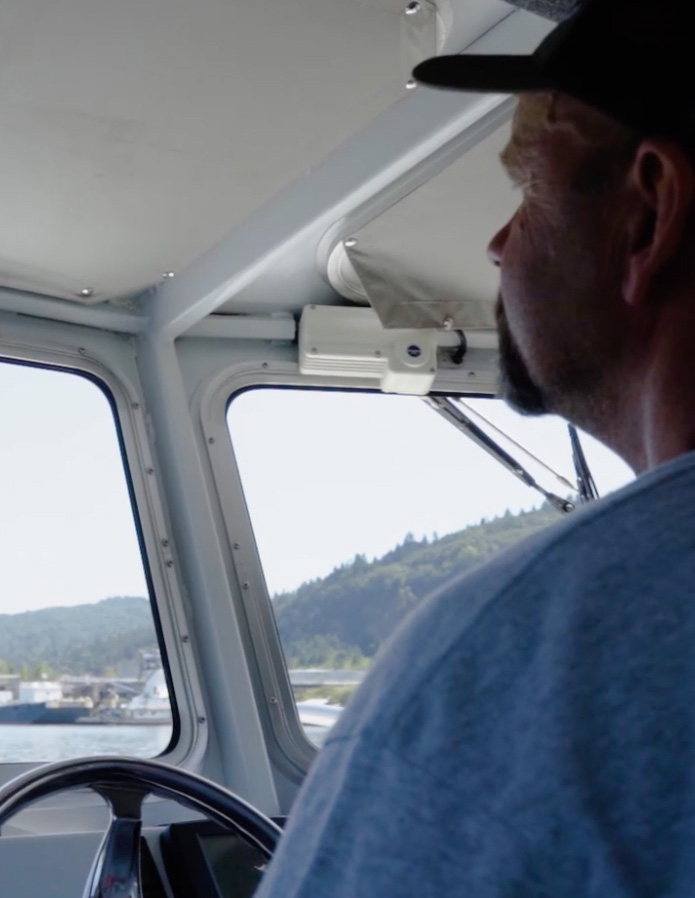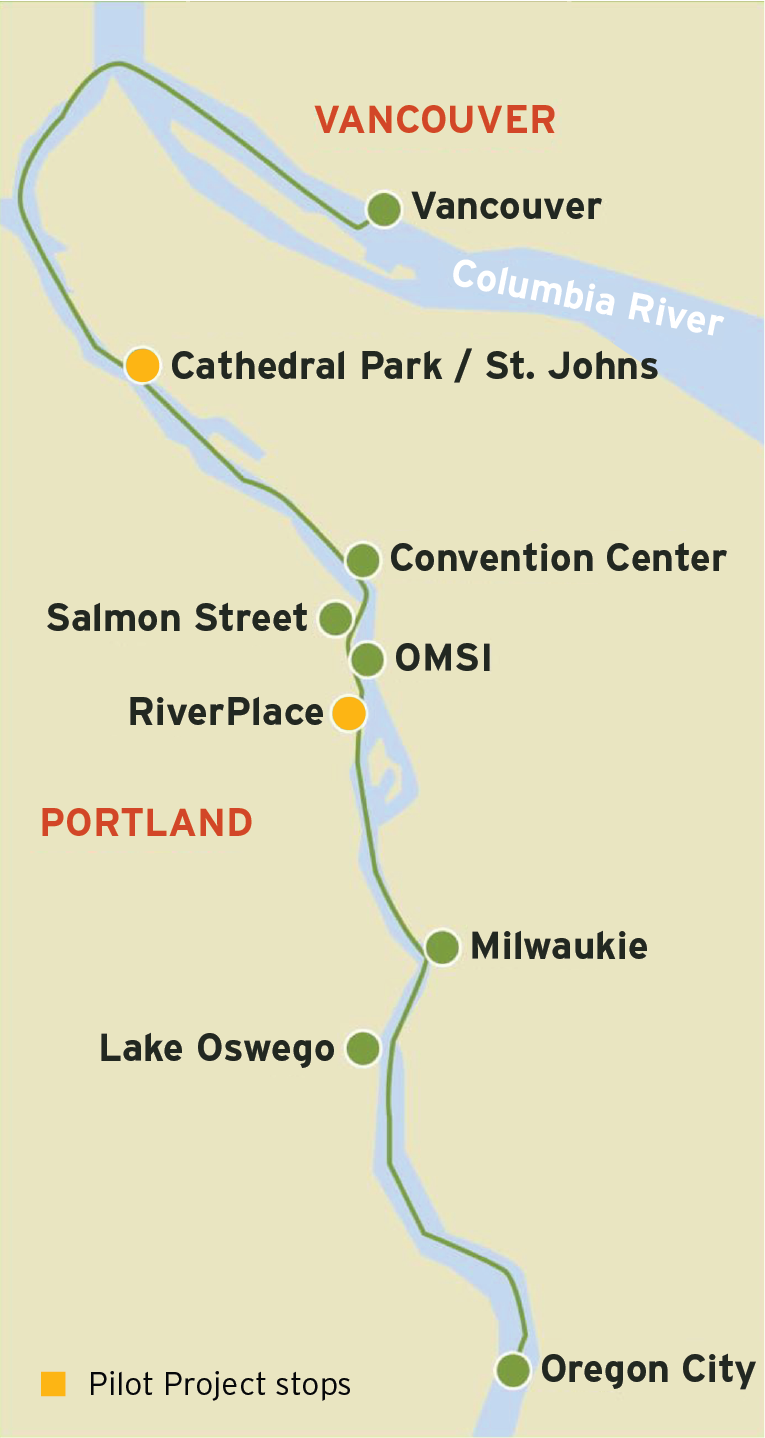Startup Capital Construction Cost (Estimated 85% FTA Funding)
$40 Million
We all know that an effective transportation system works best when there are multiple ways for people to get around efficiently. Studies show the operation is feasible and you can find results at frogferry.com/about/research



Startup Capital Construction Cost (Estimated 85% FTA Funding)
$40 Million
Annual Operational Subsidy
$2.5 Million
Passenger Capacity Moved Per Year (Based on 50% Capacity)
$800,000
